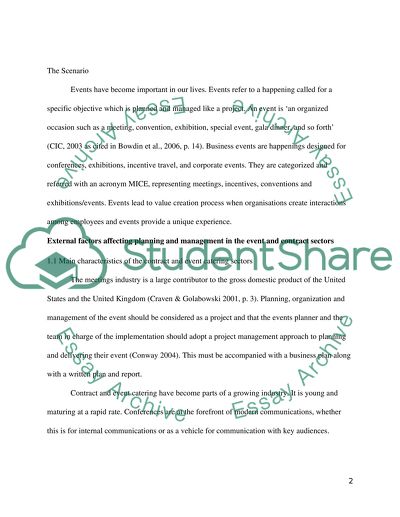Cite this document
(“Hospitality Contract and Event Management Essay”, n.d.)
Retrieved from https://studentshare.org/tourism/1489721-hospitality-contract-and-event-management
Retrieved from https://studentshare.org/tourism/1489721-hospitality-contract-and-event-management
(Hospitality Contract and Event Management Essay)
https://studentshare.org/tourism/1489721-hospitality-contract-and-event-management.
https://studentshare.org/tourism/1489721-hospitality-contract-and-event-management.
“Hospitality Contract and Event Management Essay”, n.d. https://studentshare.org/tourism/1489721-hospitality-contract-and-event-management.


